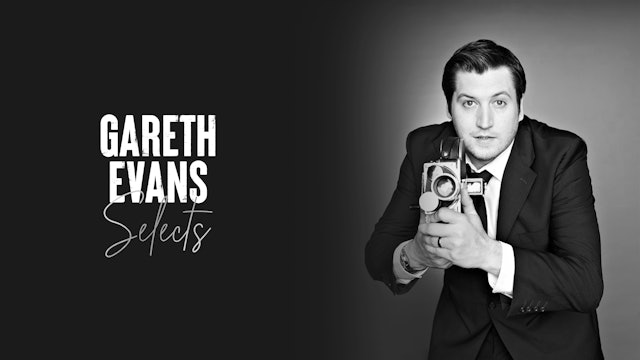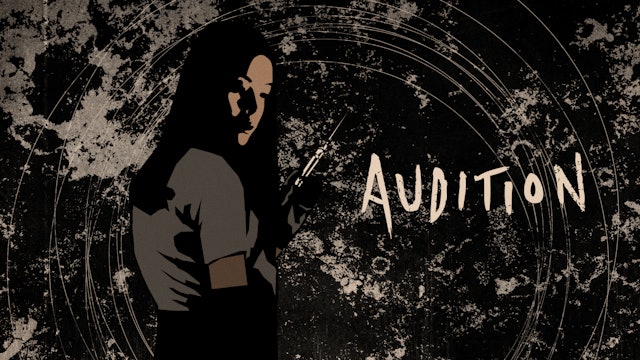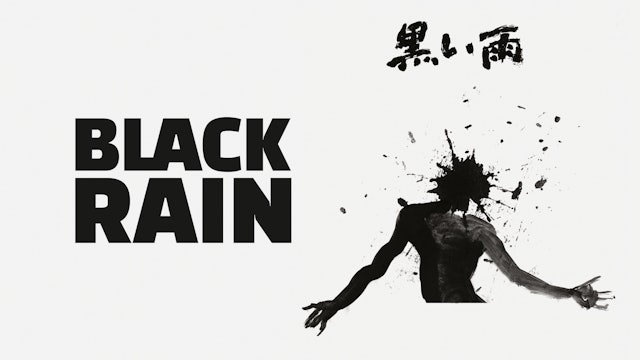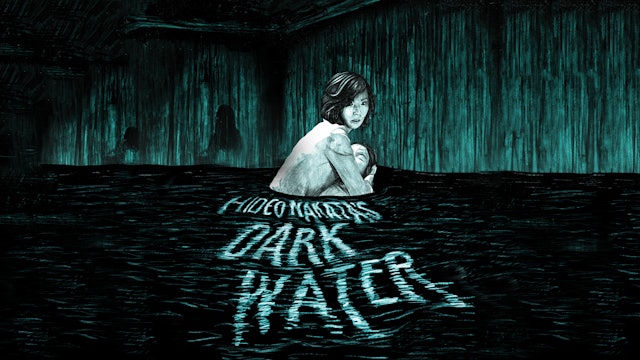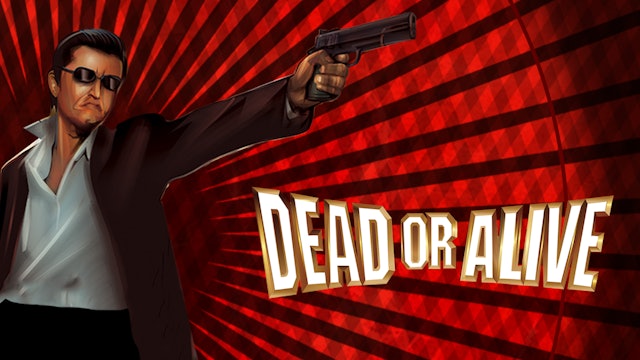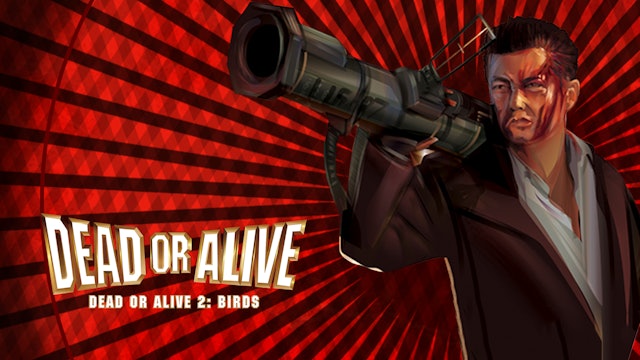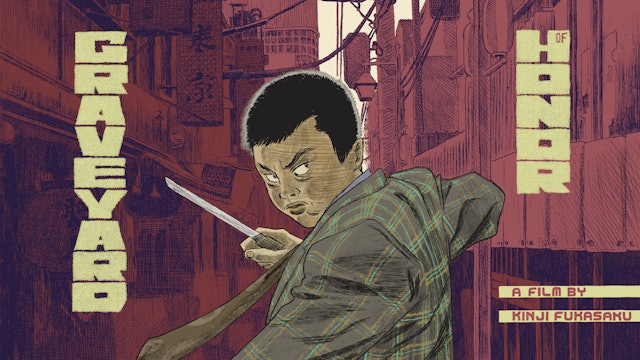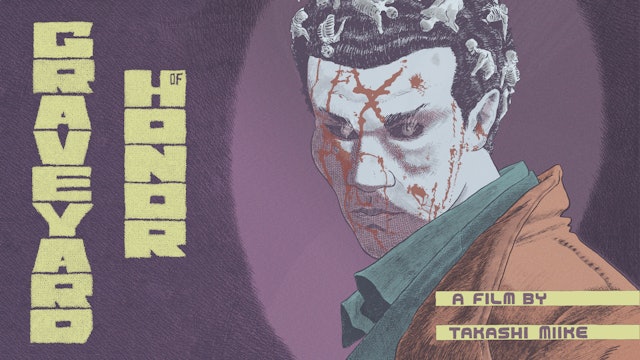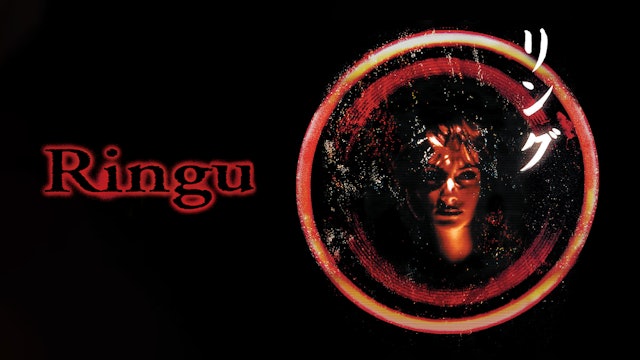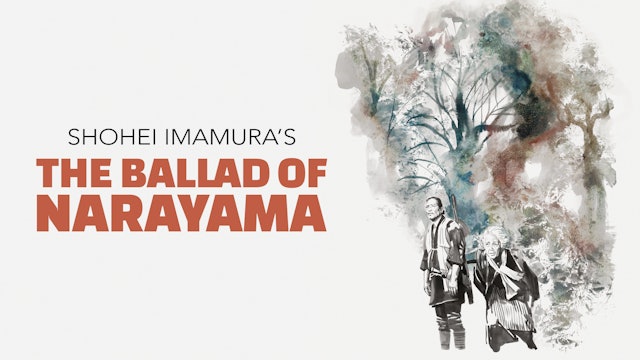Gareth Evans Selects
Gareth Evans is the writer-director of the explosive and action arena redefining The Raid and The Raid 2, our favourite segment in V/H/S 2, the chilling folk horror Apostle, the forthcoming Havoc starring some guy called “Tom Hardy”, AND a creator, writer and director on last year’s most how-are-we-watching-fight-scenes-this-balls-to-the-wall-on-telly?? TV show Gangs of London.
We are extremely proud and pleased to present to you then: Gareth Evans Selects, Gareths’s carefully picked favourites from ARROW. Full of classics and deep cuts from the length and width of ARROW’s spectrum, every selection is a cracker - so you should most definitely choose to put an evening, or ten, in his and our hands.
And now a word from the man himself on the reasons behind his choices:
“I’ve never really hidden my love and admiration for Asian cinema, that much should be apparent from the following list. It has been a huge influence on my work. Japanese cinema in particular has been formative for me both as an avid viewer but also in terms of shaping who I am as a filmmaker. A large portion of my picks come from a unique moment in the history of Japanese cinema. The late 90s / early 2000s explosion of J-Horror and “Asia Extreme” saw fearless, visionary filmmakers ripping up the rulebooks, grabbing its audience by the scruff of the neck and dragging them deep into the dark and dangerous worlds of vengeful spirits, cyberpunk body horror, social decline and organised crime. The kinetic energy and “go everywhere” approach felt unlike anything I’d ever seen and each foray was an adrenalised, mind-blowing experience.
To balance things out - there are more meditative titles to be found within this selection. Kiyoshi Kurosawa’s philosophical masterpiece Cure blends societal observations with genre filmmaking to devastating effect. Then, in 2019 as the pandemic forced us all indoors I found myself in absolute awe as I was introduced to the masterworks of Shohei Imamura with The Ballad of Narayama and Black Rain being particular high points in a remarkable career. As a filmmaker, his works are as essential as Kubrick. I only wish I’d discovered them sooner.
Refn’s Pusher Trilogy represents some of his finest work - Pusher II might be my favourite film of his by far with Pusher III not that far behind. An unusual trait for the sequels in a trilogy to actually expand and improve upon the remarkable original. Let The Corpses Tan continued my love of Bruno Forzani and Hélène Cattet’s astonishing visual style since the wonderful Amer announced them with such confidence. The Big Combo was THE noir film we studied in Film Studies back when I was still a student in college. You know a film is special when an image or an idea just stays with you forever burnt into your memory. One scene, in particular, is the execution that plays out in silence as the victim has his hearing aid removed so he won’t “hear” the bullets. It’s a masterstroke, it stuck with me so much we homaged it in the sound design of The Raid when Bowo gets shot in the ear.
Narrowing this list down has been quite the task - I could have very easily added more and more. Had the Shaw Brothers collection been announced when I first made this list it would be even longer - such is my love for Arrow that so many of the films they have released are long time favourites of mine. Long may it continue. I’ve always been a physical media obsessive - but having a streaming channel to rely upon when travelling sure helps.
Enjoy,
Gareth”
-
A Snake of June
2003 • Japan • Directed by Shinya Tsukamoto
Rinko and Shigehiko are a strange couple, who connect as human beings but not lovers. They live more like friends and lead nearly independent lives. Both seem comfortable with this coexistence until Rinko receives a package of candid photographs of her...
-
Audition
2001 · Japan · Directed by Takashi Miike
One of the most notorious J-horror films ever made, Takashi Miike’s Audition exploded onto the festival circuit at the turn of the century to a chorus of awards and praise. The film would catapult Miike to the international scene and pave the way for such...
-
Black Rain
Throughout the 1980s, Shohei Imamura (The Pornographers, Profound Desires of the Gods), a leading figure of the Japanese New Wave era of the 1960s, cemented his international reputation as one of the most important directors of his generation with a series of films that all competed at Cannes to ...
-
Bullet Ballet
Goda (Shinya Tsukamoto) is a thirty-something documentary filmmaker. While his work may seem intriguing to some, his life is absolutely average - long hours at the office, drinks after work and an equally busy girlfriend: Kiriko, that he's been with for a decade. No surprises. No detours. No shoc...
-
Dark Water
After terrifying audiences worldwide with the blockbuster J-horror classic Ring and its sequel, director Hideo Nakata returned to the genre for Dark Water, another highly atmospheric, and critically acclaimed, tale of the supernatural which took the common theme of the “dead wet girl” to new heig...
-
Dead or Alive
Beginning with an explosive, six-minute montage of sex, drugs and violence, and ending with a phallus-headed battle robot taking flight, Takashi Miike's unforgettable Dead or Alive Trilogy features many of the director's most outrageous moments set alongside some of his most dramatically moving s...
-
Dead or Alive 2: Tôbôsha
Dead or Alive 2: Birds casts Aikawa and Takeuchi together again, but as new characters, a pair of rival yakuza assassins who turn out to be childhood friends; after a botched hit, they flee together to the island where they grew up, and decide to devote their deadly skills to a more humanitarian ...
-
Graveyard of Honor (1975)
Set during the turbulent post-war years, Fukasaku's original 1975 film charts the rise and fall of real-life gangster Rikio Ishikawa (Tetsuya Watari, Outlaw Gangster VIP). Shot through with the same stark realism and quasi-documentarian approach as Fukasaku's earlier Battles Without Honor and Hum...
-
Graveyard of Honor (2002)
Miike's 2002 retelling transplants the story to Tokyo at the turn of the millennium. Less a direct remake of Fukasaku's film than a radical reimagining of the same overarching premise, Miike's film captures both the hedonism and nihilism of the modern Japanese crime scene in deliriously stylish f...
-
Ringu
1998 • Japan • Directed by Hideo Nakata
In 1998, director Hideo Nakata (Dark Water) unleashed a chilling tale of technological terror on unsuspecting audiences, which redefined the horror genre, launched the J-horror boom in the West and introduced a generation of moviegoers to a creepy, dark-ha...
-
Tetsuo - The Iron Man
A strange man known only as the "metal fetishist", who seems to have an insane compulsion to stick scrap metal into his body, is hit and possibly killed by a Japanese "salaryman", out for a drive with his girlfriend. The salaryman then notices that he is being slowly overtaken by some kind of dis...
-
The Ballad of Narayama
Throughout the 1980s, Shohei Imamura (The Pornographers, Profound Desires of the Gods), a leading figure of the Japanese New Wave era of the 1960s, cemented his international reputation as one of the most important directors of his generation with a series of films that all competed at Cannes to ...
-
Tokyo Fist
Once again Shinya Tsukamoto steps out from behind the camera and stars as Tsuda, the archetypal Japanese salary man, a cog in the machine seemingly cut off from his own being by hours and hours of work. He's married to polite and compliant Hizuru (Kahori Fujii), the dictionary definition of an id...

